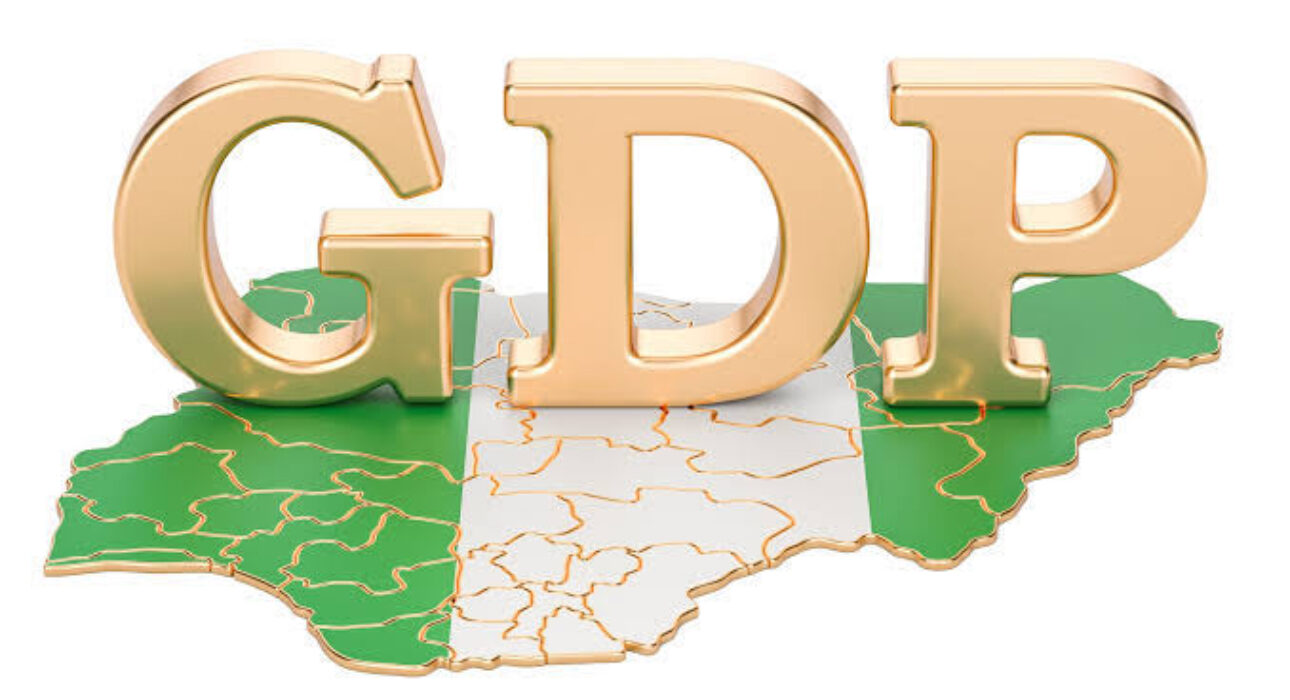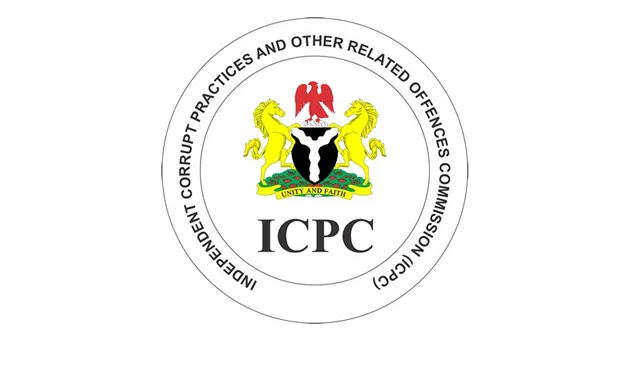Nigeria Set for Fastest GDP Growth Since 2014, Analysts Say — SEPLAT, Aradel Tipped to Lead Market Rally in H2 2025

Nigeria is poised to achieve its most robust economic growth in over a decade, according to a new report released by investment firm CardinalStone.
The analysts project a real GDP growth rate of 3.7% in 2025, driven by a rebound in the oil and gas sector, the ramp-up of major infrastructure like the Dangote Refinery, and a suite of macroeconomic reforms undertaken by the Tinubu administration.
The report, titled “Charting the Sustainability Path,” highlights that this would be the fastest pace of growth since the country’s 2014 GDP rebasing. In addition to strong output projections, the report identifies key sectors and equities expected to benefit most from the improving macroeconomic conditions.
CardinalStone analysts attribute much of the projected growth to the oil sector, which is expected to post 10.7% growth in 2025. Higher crude output, improved refining capacity, and increased investor activity have all contributed to the sector’s renewed momentum.
The Dangote Refinery, in particular, is beginning to play a transformative role by boosting local refining and reducing import dependence, thereby improving trade balances and easing pressure on foreign reserves.
Upstream production has also seen a boost, with companies like SEPLAT and Aradel expanding their capacity and consolidating their positions as key players.
SEPLAT, for instance, has increased its production to over 53,000 barrels of oil equivalent per day, following its acquisition of Mobil Producing Nigeria’s assets.
Beyond oil, the report underscores the importance of government reforms. The removal of fuel subsidies, the unification of the exchange rate, tighter monetary policy, and improved tax collection have created a more stable investment climate.
These measures, while initially painful for consumers, are beginning to yield benefits in terms of investor confidence, foreign exchange inflows, and macroeconomic consistency.
CardinalStone expects headline inflation to moderate from the highs of 2024, dropping to about 20% by the end of 2025.
The naira, though still under pressure, has seen more predictable movement under the new FX regime, helping to anchor market sentiment.
In the equities space, CardinalStone projects a full-year return of 32.2% for the Nigerian Exchange, with the second half of 2025 expected to deliver significant gains.
The firm believes that improved earnings, a more stable currency environment, and renewed domestic and foreign participation will continue to drive prices upward.
Oil and gas equities are expected to lead the charge. SEPLAT Energy and ARADEL Holdings were singled out as top picks for the remainder of the year due to their strong fundamentals and exposure to the growing energy landscape.
Both companies are seen as well-positioned to benefit from increased demand, favorable government policies, and improved infrastructure.
While the outlook is broadly positive, analysts at CardinalStone warned that significant risks still loom. Inflation, though projected to decline, remains high by historical standards, and could weigh on household purchasing power. Structural bottlenecks in the agricultural sector and weak productivity in the informal economy also threaten to limit the inclusiveness of growth.
On the fiscal side, the IMF recently warned that Nigeria’s budget deficit could rise to 4.7% of GDP in 2025 if oil revenue projections fall short or if expenditure remains unchecked.
This, coupled with a growing debt servicing burden, could limit the government’s ability to invest in infrastructure and social protection.
Despite these risks, CardinalStone’s mid-year report paints a picture of cautious optimism. With reform momentum intact, oil production rising, and inflation projected to ease, Nigeria could be entering a new phase of economic expansion—one not seen since the highs of the last oil boom. For investors, the message is clear: the fundamentals are shifting, and the opportunities, particularly in energy and export-oriented sectors, may be too significant to ignore.
As Nigeria moves into the second half of 2025, attention will turn to how well the government can sustain its fiscal discipline, deepen structural reforms, and ensure that the benefits of growth reach beyond boardrooms and into households across the country.







